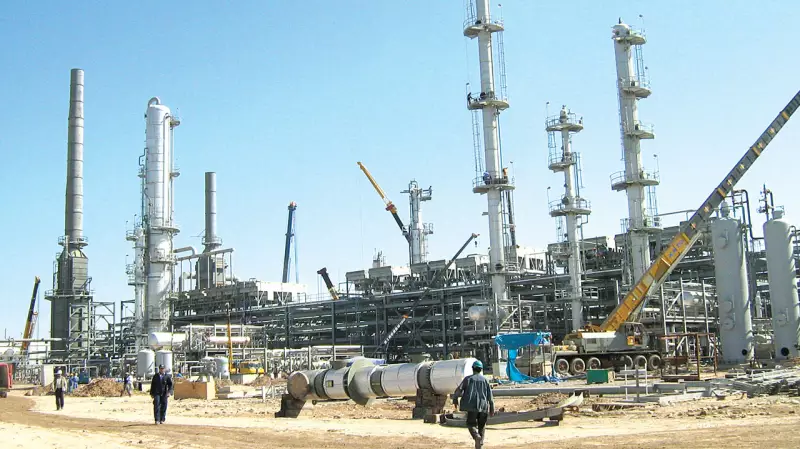
In a bold move to resolve Nigeria's perennial fuel crisis, the Manufacturers Association of Nigeria (MAN) has called for the complete privatization of all government-owned refineries across the country. This urgent appeal comes as the nation continues to grapple with erratic fuel supply despite its status as Africa's largest oil producer.
Manufacturers Bear the Brunt of Inefficient Refineries
The manufacturing sector, represented by MAN Director-General Segun Ajayi-Kadir, has highlighted how the underperformance of state refineries significantly increases production costs. Manufacturers face exorbitant expenses from relying on alternative power sources and imported petroleum products due to inadequate local refining capacity.
"The continued operation of government-owned refineries remains unsustainable," stated Ajayi-Kadir. "Full privatization will introduce much-needed efficiency, competition, and private sector investment into our downstream petroleum sector."
Economic Implications of Refinery Privatization
The association's position underscores several critical benefits of privatization:
- Reduced production costs for local manufacturers
- Stable and predictable fuel pricing
- Increased foreign investment in the energy sector
- Job creation through revived refinery operations
- Enhanced competitiveness of Nigerian products in international markets
Dangote Refinery: A Game Changer for Nigerian Energy
MAN officials pointed to the recent commencement of operations at the Dangote Petroleum Refinery as evidence that private sector involvement can transform Nigeria's energy landscape. The massive 650,000 barrels per day facility represents the type of investment and efficiency that state-owned refineries have failed to achieve despite decades of operation.
"The success of private refineries demonstrates the potential for Nigeria to become self-sufficient in petroleum production while potentially becoming a net exporter of refined products," the MAN statement emphasized.
Historical Context of Refinery Challenges
Nigeria's four main state-owned refineries have operated well below capacity for years, despite numerous government interventions and rehabilitation attempts. The refineries in Port Harcourt, Warri, and Kaduna have consistently failed to meet the nation's fuel demands, forcing Nigeria to import the majority of its petroleum products despite being a major crude oil exporter.
The manufacturers' call for privatization represents a growing consensus among economic stakeholders that government should focus on regulation rather than direct operation of refineries.






